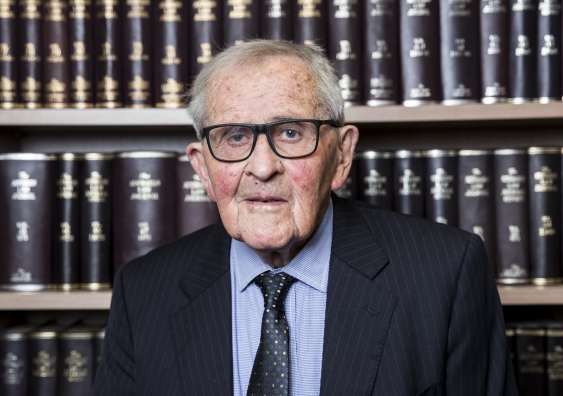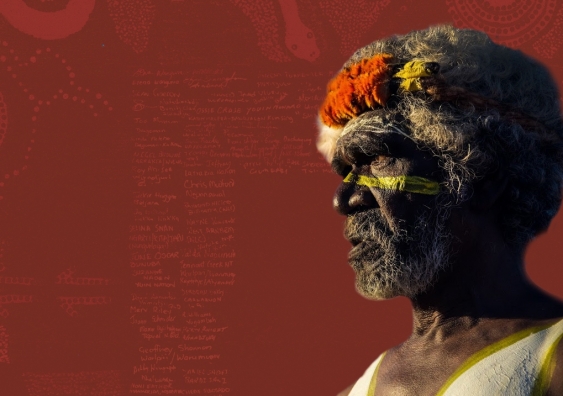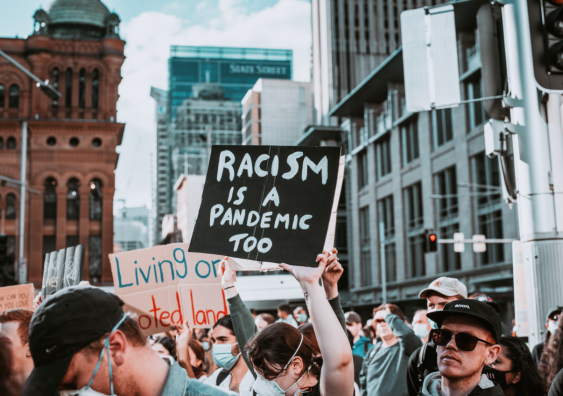Vaccine passports, Voice to Parliament and tribute to Hal Wootten – some of our most read stories of 2021
Despite COVID-19 dominating the headlines in 2021, the Black Lives Matter movement, Voice to Parliament and Disney being sued, have been at the forefront of legal news.





